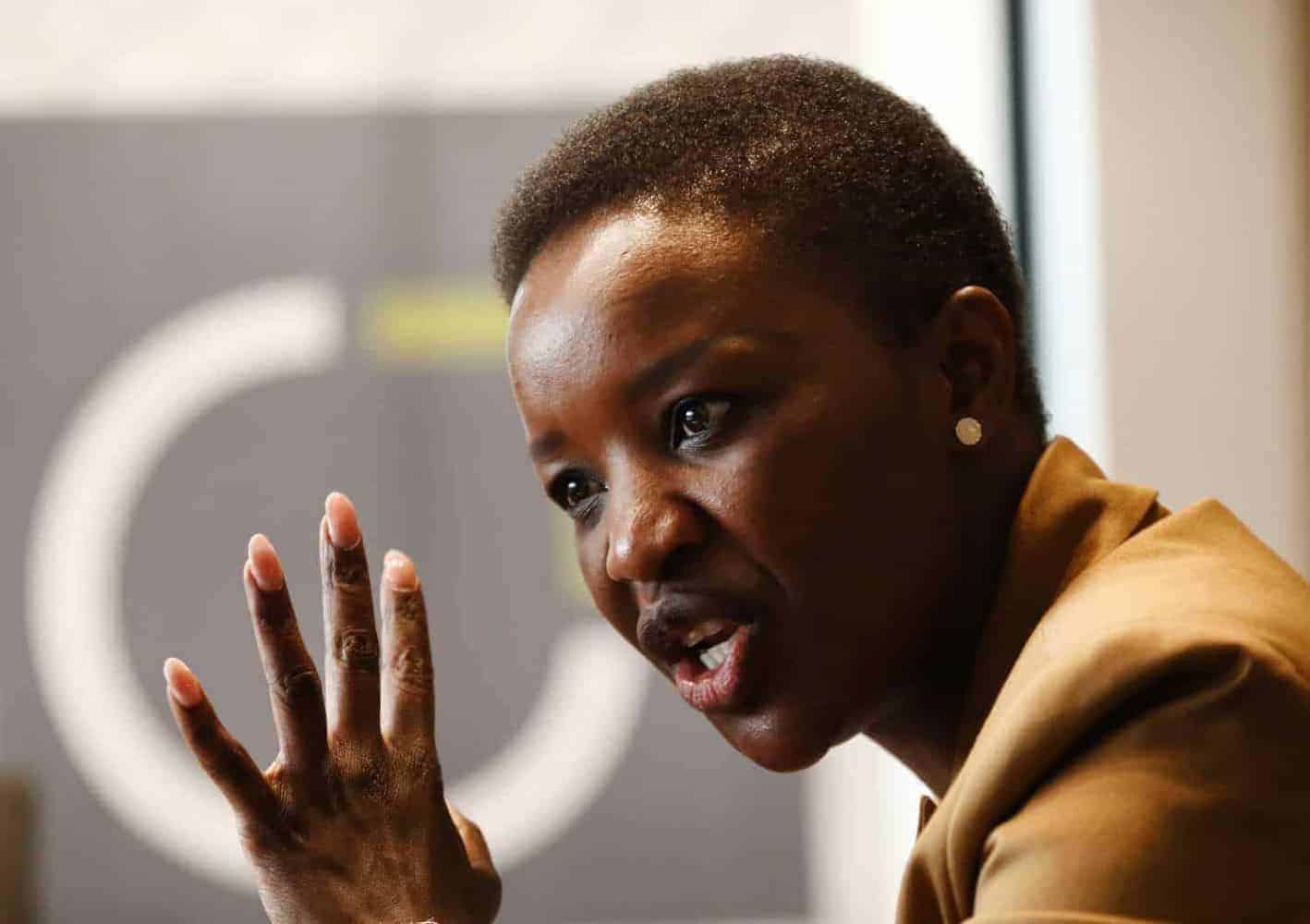While South Africans worry about the state of our municipalities, the BLSA believes there is hope after meeting with the minister.

After meeting with the Department of Cooperative Governance and Traditional Affairs Minister Velenkosini Hlabisa, Business Leadership South Africa (BLSA) says that it welcomes his department’s approach to municipal performance and accountability.
Busisiwe Mavuso, CEO of BLSA says in her weekly newsletter that the performance of municipalities, particularly the metros, is a serious concern for business because they rely on effective services to operate, as well as for employees and customers to be able to function.
“Water and local electricity outages create chaos and directly affect economic output. Recent estimates suggest that municipal service failures cost the South African economy billions annually, with small businesses particularly vulnerable to extended power and water cuts that can force temporary closures and drive away customers.”
She says this crisis demands urgent collaboration between government and business, which is exactly what happened when she met with the Association of South African Chambers (ASAC) from the main metros and Minister Hlabisa, last week, to discuss the lack of performance in local government.
“And I must say that I found the minister’s approach refreshing and encouraging. He fully grasps the issues that plague the performance of municipalities, from skills shortages to fraying infrastructure. He has plans for municipal reform that are well-thought-through and realistic.”
ALSO READ: Municipalities: It’s time to hold mayors to account – AG
Quick response to BLSA request for meeting on municipalities
Mavuso says the minister quickly responded to her request to meet after she engaged with ASAC regarding the challenges that businesses face in the metros. “He was very open to discussion and hearing ideas from business on what can be done. He described the work he will be doing with political parties to elevate the importance of selecting mayors in municipalities, a critical point of influence on performance.”
She says a good mayor can appoint a good city manager who can appoint a good chief financial officer, and so on, and this is important to build professionalism and competence in local government.
“The minister has plans to meet with all political parties to discuss how mayors are selected and to support them in identifying the right qualities for the right kind of people. His department has developed a white paper to fix issues within local government, and the minister called on business and other stakeholders to give input into the paper.
“The minister was clear that unless we create a conducive environment for businesses and residents with reliable services, inequality will continue to grow in our communities. He was also clear on the role that corruption plays in undermining municipal performance. He is an advocate for learning from the best-performing municipalities and adopting best practices widely.”
ALSO READ: ‘Same story year after year’: MPs unhappy as Auditor-General reveals local government audit outcomes
Minister promised to meet with large municipalities to discuss improving performance
As a result of their meeting, the minister committed to engage with some of the large municipalities to discuss how performance can be improved, including eThekwini, Johannesburg, Msunduzi and Nelson Mandela Bay over the next two months.
“At those meetings, we will agree on interventions required, deadlines and monitoring mechanisms and then we will reconvene to discuss how we can work together to support performance improvements.
“I found the engagement productive and invigorating. The government of national unity continues to prove that it is committed to co-creating solutions with business. It is a welcome change from the sometimes-adversarial encounters we used to have, driven by ideological postures rather than a focus on solutions.
“I look forward to working much more with the minister and his team to improve municipal performance,” she says.
ALSO READ: Governance shortcomings at the root of service delivery problems
Accountability and the criminal justice system
Mavuso says last week was a good one for accountability and the criminal justice system, with the suspension of Andrew Chauke as director of public prosecutions for South Gauteng an important, though overdue, step forward to improve the performance of the National Prosecuting Authority.
“The arrest of Sandton businessman Katiso Molefe over links to several murders is a step toward ending impunity for criminals.
“President Cyril Ramaphosa also demonstrated further accountability at cabinet level with the replacement of minister of Higher Education and Training Nobuhle Nkabane, who is accused of misleading parliament over appointments to the boards of the SETAs.
“This followed the suspension a week earlier of police minister Senzo Mchunu over allegations that he meddled in police investigations over political assassinations.”
She hopes this rash of accountability becomes an accelerating trend as we finally get a grip on criminality and corruption in both the public and private sectors. “An effective police force, including crime intelligence as well as highly capable public prosecutors, is going to be critical to do that.
ALSO READ: How political interference hollowed out Saps and NPA
BLSA has been helping NPA and will continue to do so
“BLSA has long advocated for improvement in investigations and prosecutions and actively put resources behind it through Business Against Crime and our memorandum of understanding with the NPA to support it with technical skills to build its cases.”
Mavuso points out that the challenges facing our criminal justice system remain profound, stemming largely from the systematic damage inflicted during the state capture era. “The NPA, in particular, has been battling to overcome the serious erosion of its capacity that occurred when skilled investigators were purged and replaced with political appointees whose primary function was protection rather than prosecution.
“This deliberate undermining created what can only be described as a paradise for white-collar criminals, where the probability of facing consequences for economic crimes became negligible.”
ALSO READ: Justice Department and NPA agree to collaborate on access to Zondo commission database
Rule of law important for economic growth and investor confidence
She emphasises that the rule of law is fundamental to economic growth and investor confidence. When contracts become unenforceable, when businesses must shoulder massive fraud and corruption costs and when criminal syndicates flourish to spawn extortion networks that strangle legitimate enterprise, the entire economy suffers.
“This is why the recent accountability measures are so crucial – they signal a potential turning point in our fight against the institutional decay that has plagued our country.”
However, she points out, accountability at the top must be matched by sustained capacity building throughout the system. “The NPA continues to face an unprecedented caseload of complex state capture prosecutions while simultaneously trying to rebuild its investigative and prosecutorial capabilities.
“This is precisely why private sector support remains essential. Through our MOU with the NPA, we can provide the forensic investigators, data analysts and specialised skills needed to build strong cases that will lead to successful prosecutions, all while ensuring the NPA’s independence and integrity remain sacrosanct.”






